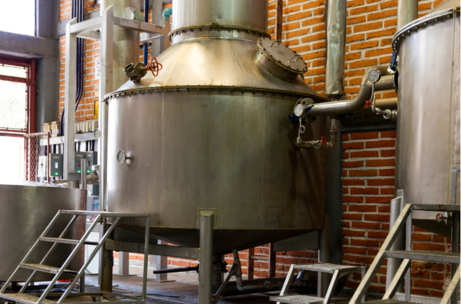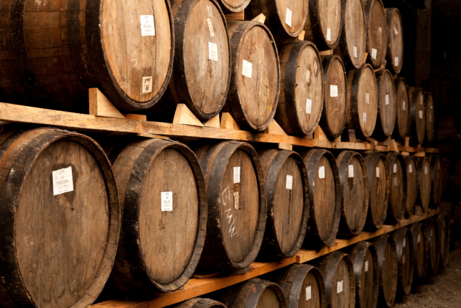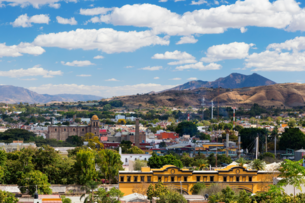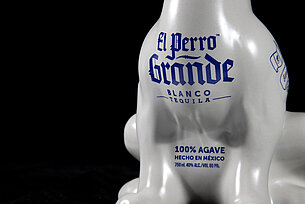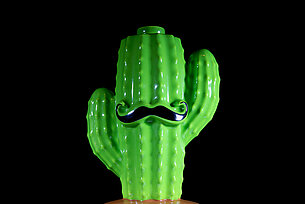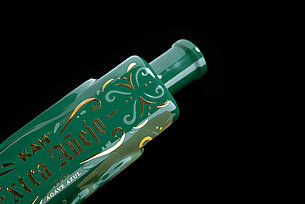Latest news and insights
Tequila uncovered: A guide to quality, varieties, and craftsmanship
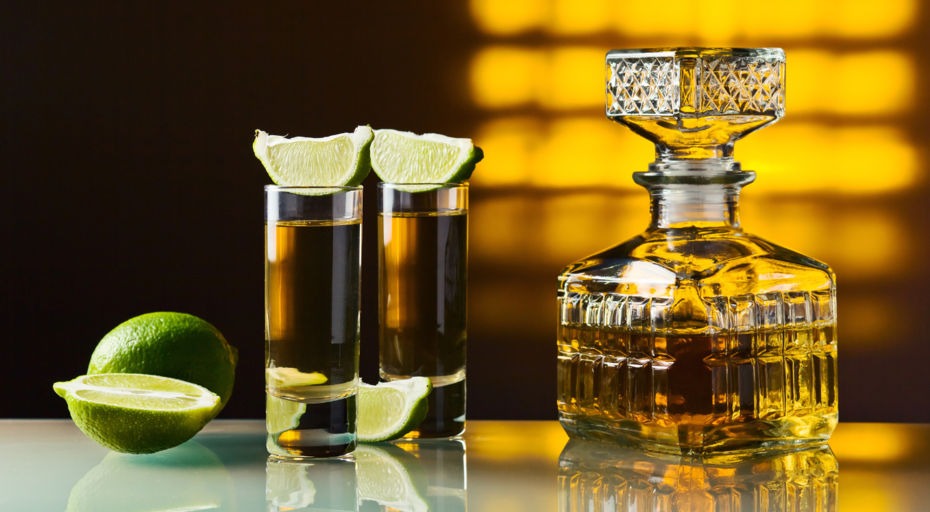
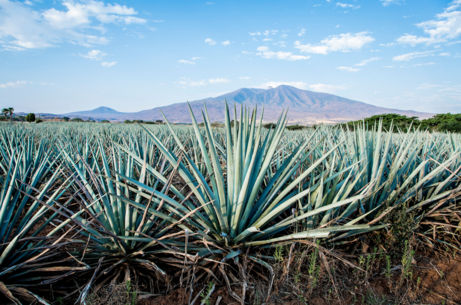
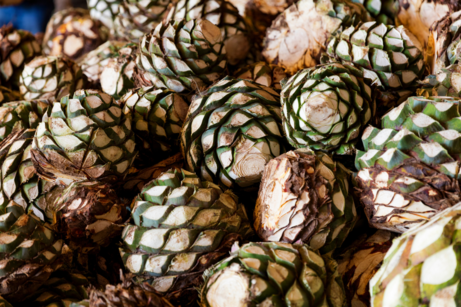
Tequila is a spirit steeped in tradition and craftsmanship. And while its reputation for salt-licking, shot-downing, lime-sucking party antics has lasted decades, the 2010s and 2020s have seen a growing appreciation for premium and artisanal tequilas.
This has led to a more nuanced understanding of tequila as a complex and high-quality spirit, suitable for both the nightlife scene and sophisticated tasting.
But what exactly makes a tequila premium and a symbol of refinement? Let's delve into the intricate world of tequila, exploring the factors that contribute to its quality, the different types, and the unique regions that produce the best tequila in the world.
What is premium-quality tequila?
The quality of tequila is determined by:
The blue-agave plant as a primary ingredient
Premium tequila is made from 100% blue agave, as opposed to mixto tequila, which contains only 51% blue agave and 49% other sugars, like sugar cane. Mixto tequila is primarily used in mixed drinks such as cocktails and isn’t meant to be consumed neat. The use of 100% pure blue agave ensures a richer, more complex flavor profile.
The production process
Premium tequila undergoes traditional methods, including slow cooking the agave in brick ovens, natural fermentation, and distillation in copper pot stills. These time-honored techniques preserve the agave's natural flavors and contribute to the tequila's smoothness and depth.
Aging
Premium tequilas are often aged in oak barrels which impart distinct flavors of vanilla, caramel, and spice, depending on the length of the aging process. This maturation period enhances the tequila's complexity and smoothness, distinguishing it from lower-quality counterparts.
Tequila is classified into several types based on its aging process:
Blanco (Silver)
Unaged or aged for less than 2 months, Blanco tequila is clear and delivers the purest expression of the agave's natural flavors. It is often used in cocktails but can also be sipped neat.
Reposado
Aged between 2 months and 1 year in oak barrels, reposado tequila has a golden hue and a balance of agave flavors and subtle oak notes. It's a versatile type, enjoyed both in cocktails and neat.
Añejo
Aged from 1 to 3 years, añejo tequila is darker and richer, with pronounced flavors of oak, vanilla, and caramel. This type is typically savored neat, akin to fine whiskeys and cognacs.
Extra Añejo
Aged for over 3 years, extra añejo tequila represents the pinnacle of tequila craftsmanship. Its deep amber color and complex flavor profile make it a luxurious sipping spirit. This is reflected in the price.
Other versions of tequila also exist, such as fruit-infused versions that have a minimum agave requirement of 25%, and Cristalino. Cristalino is aged tequila which is either charcoal filtered or redistilled to remove all color. Some of its original desirable flavors are lost in the process, making it more ideal for cocktails but with more body and complexity than an unaged tequila.
The best regions for tequila production
The finest tequila is produced in specific regions of Mexico, with Jalisco being the most renowned. Within Jalisco, there are two key regions celebrated for their superior tequila production: the Tequila Valley and Los Altos (The Highlands).
Tequila Valley
This region's volcanic soil, rich in minerals, and the unique climate contribute to the robust and earthy flavors of the agave plants grown here. The combination of altitude, soil composition, and temperature variations creates ideal conditions for cultivating high-quality agave.
Los Altos (The Highlands)
Known for its red clay soil and higher altitude, the Highlands produce agave with higher sugar content, resulting in tequila that is often sweeter and fruitier. The cooler climate and ample sunlight of this region further enhance the growth of premium agave plants.
Where else is tequila produced?
Tequila’s distinct characteristics and production processes are deeply rooted in Mexican culture and tradition. Tequila's designation as a protected geographical indication (PGI) ensures that it is produced according to strict standards set by the Mexican government. As such, true tequila will always be uniquely Mexican and anything similar produced outside of Mexico is not allowed to bear the name tequila. However, California, Texas, South Africa, Australia, and South American countries such as Chile and Peru, all grow the agave plant. They produce agave spirits that offer exciting alternatives for enthusiasts looking to explore different expressions of agave-based distillation. These spirits may be referred to as "agave spirits" or "mezcal" and are made from different varieties of agave plants to those typically found in Mexico. Like tequila, they can be categorized based on their aging time and process.
While they share similarities with tequila, they have distinct flavor profiles and production methods.
The cultural significance behind ceramic tequila bottles and the current rise of bespoke ceramic bottles for special editions
The tradition of using ceramic bottles for tequila dates back to the early days of tequila production in Mexico. While glass bottles have become more common in modern times, ceramic bottles hold a special place in tequila's history and cultural heritage.
Historical context
In the early years of tequila production, glass bottles were not as readily available or affordable as they are today. As a result, ceramic bottles were the preferred vessel for storing and transporting tequila. These bottles were often handcrafted by skilled artisans and beautifully decorated, adding a touch of craftsmanship and tradition to the spirit.
Cultural significance
Ceramic has long been associated with Mexican culture and craftsmanship. The use of ceramic bottles for tequila reflects the pride and reverence Mexicans have for their national spirit. These bottles often feature intricate designs and patterns inspired by Mexican art and heritage, making them not just containers for tequila but also works of art.
Despite the majority of tequila brands bottling their tequila in glass, there has been a recent comeback in the use of ceramic for bespoke limited editions. World renown bottle manufacturers such as French-owned Rockwood Ceramics in China, tailor to exclusive brands and can keep up with large orders thanks to the combination of state-of-the-art machinery and experienced artisans who are passionate about preserving the art of China’s ceramic history. It dates back thousands of years, similar to Mexico’s. Clients have the option of transporting their Mexican tequila to China for bottling or receiving their tailor-made bottles to Mexico for bottling on-site.
From the meticulous cultivation of blue agave in Mexico's prime regions to the artistry involved in production and packaging, premium tequila is a testament to tradition, quality, and innovation. Whether you're a tequila aficionado or a newcomer, appreciating the nuances of this exceptional spirit and its presentation can elevate your experience. As the industry evolves, the blend of heritage and modern craftsmanship promises an exciting future for premium tequila enthusiasts.
The 1-stop shop bottle manufacturer for your spirits & liquors.
Rockwood is the largest French-owned ceramic and glass bottle factory and bottler in China. It produces 500+ million classic & exclusive bottles for some of the most prominent premium brands in the spirits and beverages arena annually. This is where premium quality meets cost efficiency and short lead times.
